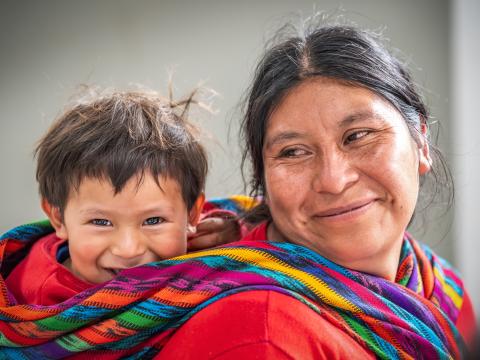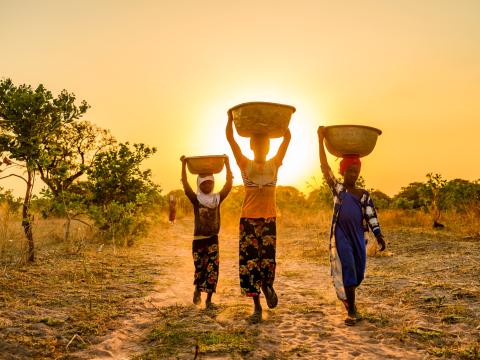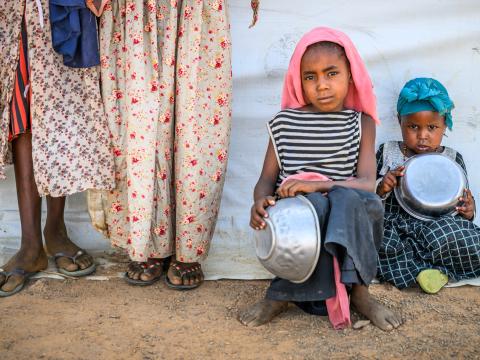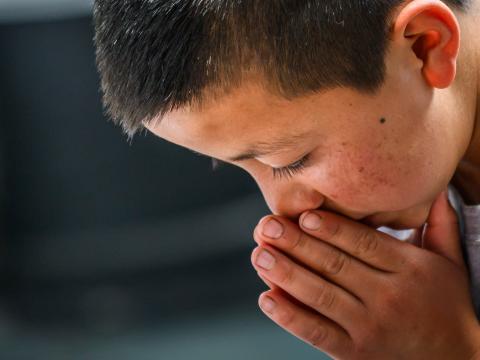
Let This Jubilee Feed the Hungry
20 October 2025.
As the Jubilee continues to shine its light the world stands at a crossroads: will faith translate into freedom, or will ritual eclipse renewal?
Walking through the Holy Door at St. Mary Major Cathedral in Rome opened for the first time in twenty-five years, I felt an unexpected stillness. Peace, renewal, gratitude; the air itself seemed heavy with meaning. Yet one question refused to fade: is this truly a year of freedom for the poor and oppressed especially for the world’s children, who make up over a quarter of humanity?
That question carried me back two decades, to my early days with World Vision in Nepal. I can still see her: a little girl, brown hair glinting in the sun, her swollen belly giving the illusion of health. In truth, it was hunger. Severe, silent, and unforgiving. That image has never left me. It has become a mirror reflecting the millions of children who continue to suffer from hunger in a world of abundance, where food exists in plenty but fairness does not.
Today, 150 million children under five are stunted, and nearly 50 million suffer from wasting. These are not faceless numbers; they are futures delayed, dreams diminished, lives quietly undone.
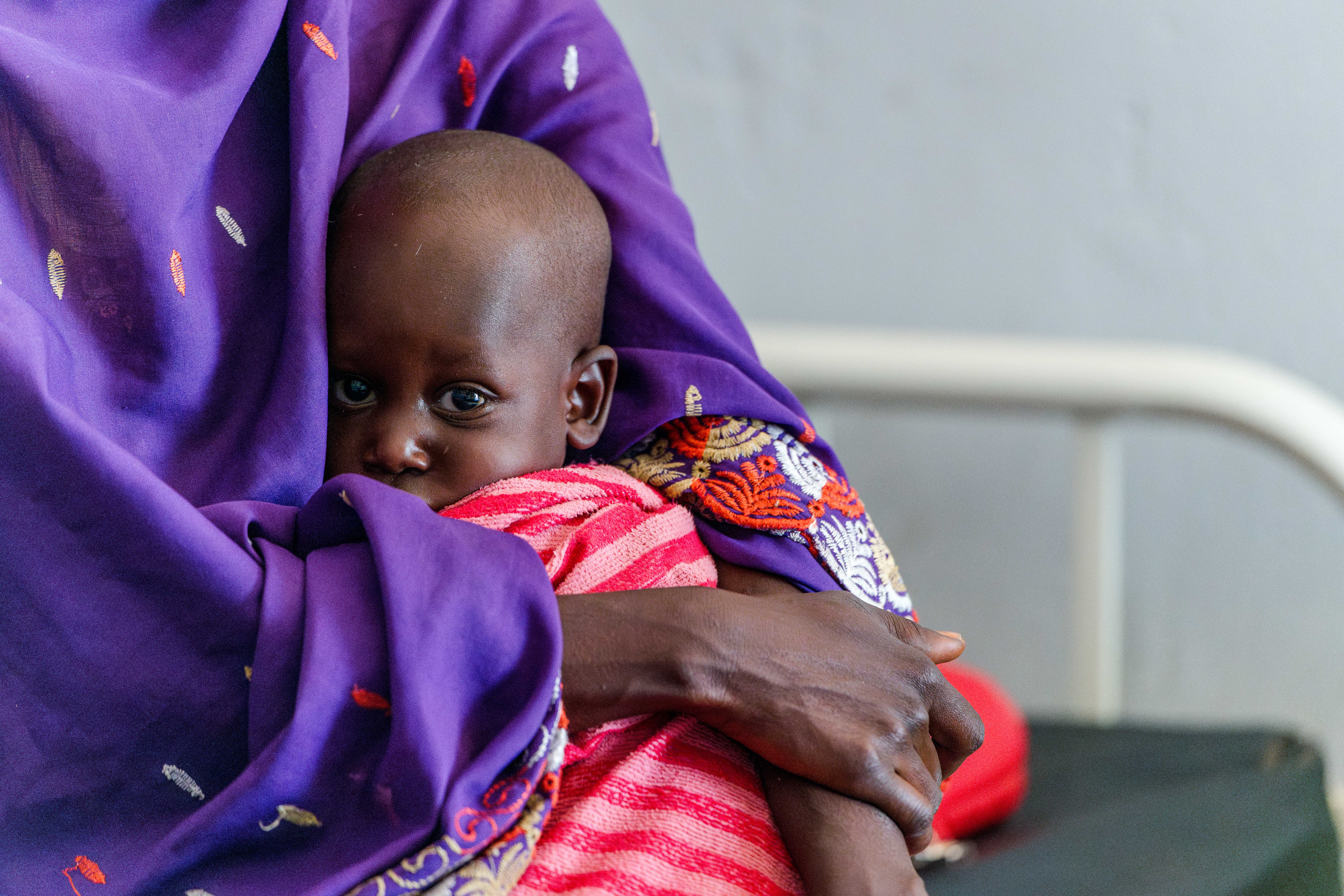
WV21020579/Chad/2025.
Faith as a Force for Justice
To a certain extent, we have forgotten what Jubilee means. It was never meant to be ceremonial. Its ancient roots spoke of releasedebts forgiven, slaves freed, land restored. The true spirit of Jubilee is realised not in ritual but in restoration.
Growing up in a pluralistic society like Nepal, I saw first-hand the quiet power of faith to unite communities. Imams in Bangladesh working to end child marriage. Churches, temples, and mosques in Nepal collaborating to combat malnutrition and violence. Faith networks in Latin America rallying congregations against hunger and abuse. These are not exceptions; they are signs of what faith can achieve when compassion finds its courage.
Arguably, faith remains one of humanity’s most underutilised tools for systemic change. While persuasive, the narrative that hunger is merely a “technical problem” overlooks its deeper moral dimension. Hunger is not just about food it is about justice.
The Moral Economy of Hunger
Recently, World Vision and partners convened Faith-Based Nutrition Dialogues across more than 60 countries. Over 1,500 faith leaders from Latin America to Africa and Asia gathered to reflect on their shared call to action. Their message was unambiguous: ending hunger is not a question of capacity but of conviction.
Central to this claim is an assumption that warrants scrutiny: that science and policy alone can solve hunger. While essential, they are not enough. Hearts must shift before systems can. Faith leaders trusted, embedded, and morally anchored can reach where governments and agencies often cannot.
And yet, the data tells a sobering story. In the past twenty-five years, global stunting has fallen from roughly 33% to 23% a significant achievement. But one might contend that such progress, though measurable, remains morally insufficient. Will we truly wait another generation for another ten percent?
From Ritual to Renewal
As the new Jubilee door opens, the symbolism is powerful, but symbolism alone will not feed the hungry. This Jubilee must become more than ceremony; it must become a movement. Governments, faith leaders, and international partners must now recommit to the right to food, invest in equitable and climate-resilient food systems, cancel unjust debts, and place children at the centre of every decision.
Rarely has the world been so capable of change, yet so hesitant to embrace it. The resources exist. The knowledge exists. What is missing, arguably, is will the collective decision to let compassion translate into policy.
So let us make this a true Jubilee year: one not of hollow rituals but of radical renewal. One where faith moves from words to action. One where every child no matter where they are born experiences the freedom and fullness of life they deserve.
Make this Jubilee the year the world finally freed its children from hunger.
Deepesh Paul Thakur is the Senior Director of Local to Global Advocacy and Impact, with over 24 years of experience in national and international development. He leads efforts to align advocacy and external engagement across local, national, and global levels, supporting Regional Advocacy Directors in six regions.
